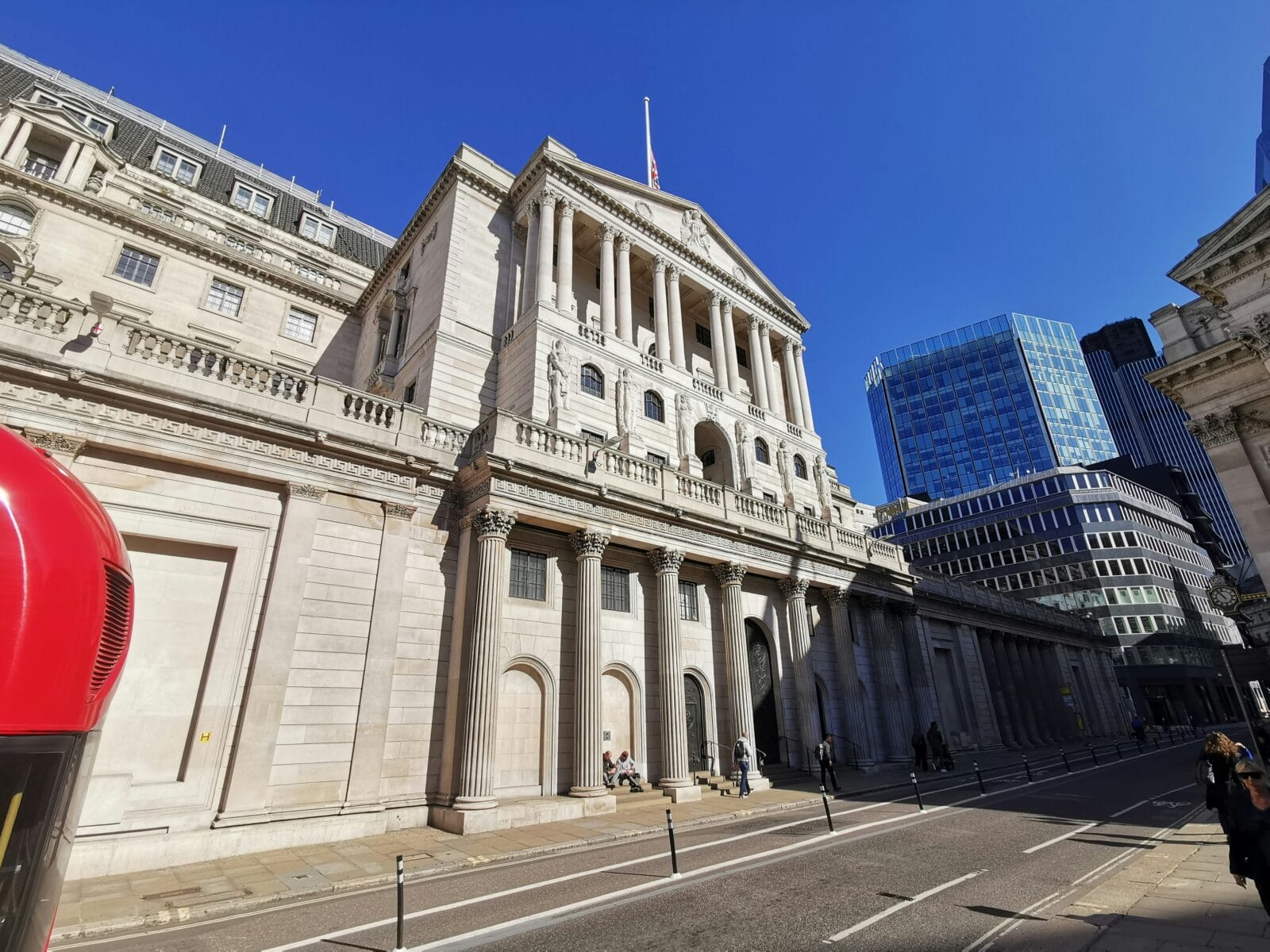UK banks could face higher taxes as the Chancellor looks to raise revenue, with a surcharge hike or tweaks to Bank of England reserve interest among the likely options. Matt Britzman, senior equity analyst at Hargreaves Lansdown, says the sector’s profitability and outlook remain resilient despite potential changes.
Matt Britzman, senior equity analyst, Hargreaves Lansdown:
“UK banks are heading into the autumn Budget with a target on their backs. After a run of bumper profits – around £53 billion expected this year for the big five – the sector looks like an easy source of revenue as Chancellor Rachel Reeves searches for ways to plug the fiscal gap without breaking household tax pledges.
Higher interest rates have supercharged margins, and lenders have returned billions to shareholders through dividends and buybacks. Politically, it’s low-risk to tap into those gains – few voters will shed tears for banks. But there’s a trade-off: healthy banks are vital for lending, investment, and overall economic growth. Push too hard, and the UK risks undermining one of its key growth engines.
What’s on the table?
Two main options are in focus:
- Banking surcharge: An additional corporation tax on UK profits which currently sits at 3%, down from 8% before 2023. A hike, potentially to 5%, has been tipped as the simplest lever to pull – the framework already exists, and it’s been higher before.
- Interest on BoE reserves: Banks earn interest on cash parked at the Bank of England, which has cost the Treasury over £21 billion so far this year. A full cut would disrupt monetary policy, so this looks the least likely option. If this were the path, a European-style tweak, where a slice of reserves earns no interest, looks more likely.
Possible impact
The most likely option, a 2% surcharge hike, would be a low single-digit profit hit for the big five – but the impact won’t be evenly spread. UK-focused lenders like Lloyds and NatWest would feel the pinch most, as nearly all their earnings fall under the UK tax net. In contrast, global players like HSBC and Standard Chartered are more insulated, thanks to their large overseas operations.
Even a tweak to interest on reserves would be manageable. But the optics matter: UK banks already face one of the heaviest tax burdens globally, and further hikes risk denting London’s competitiveness. CEOs have warned before that higher taxes could push global players to rethink their UK footprint.
The bigger picture
Despite the noise, the sector’s outlook remains constructive. Valuations aren’t as cheap as last year, but there’s still upside potential. The real risk isn’t the autumn Budget – it’s a sluggish economy and potential for weaker loan demand if things turn sour. For now, UK banks remain well-capitalised, profitable, and positioned to weather modest tax changes.”




![[UNS] tax](https://ifamagazine.com/wp-content/uploads/2024/11/getty-images-gA9N92x8Yko-unsplash.webp)










